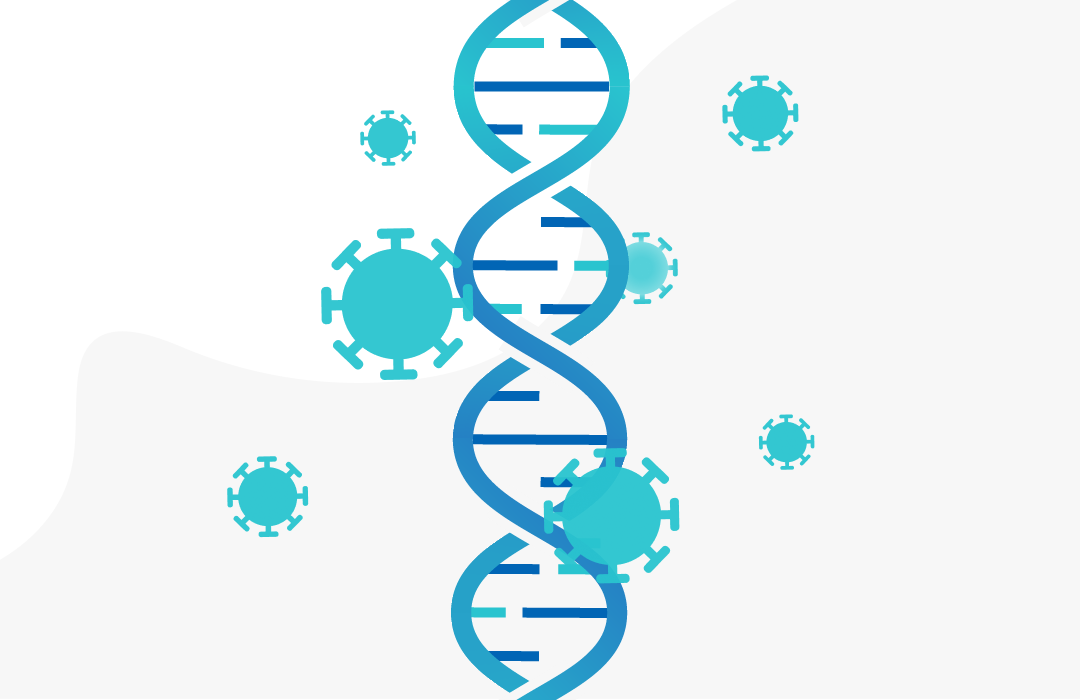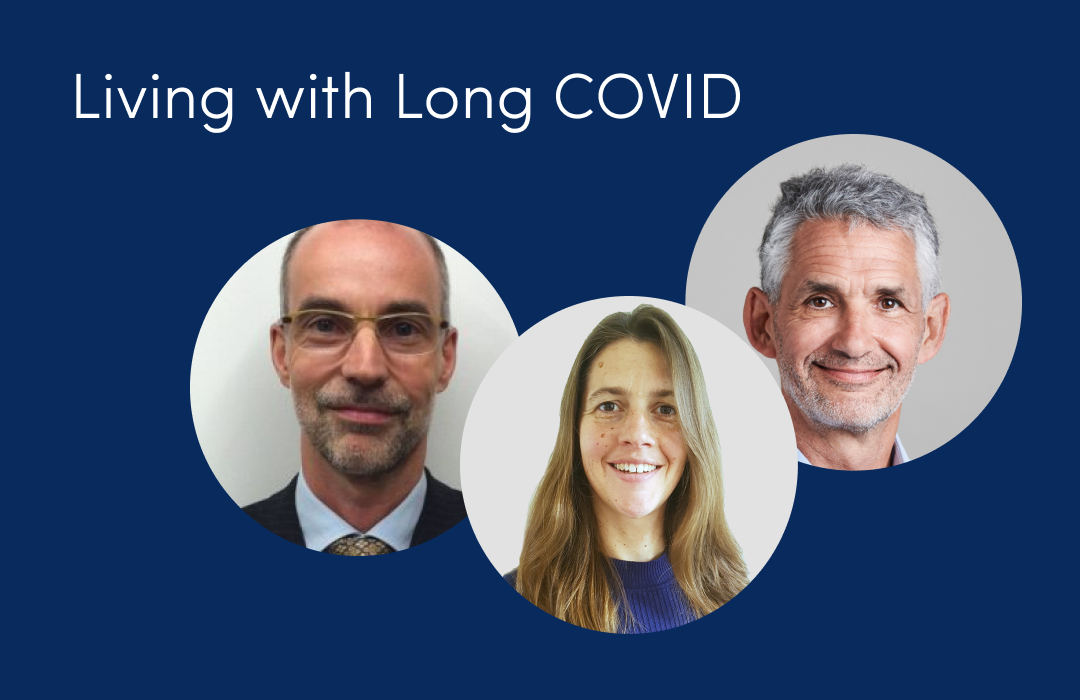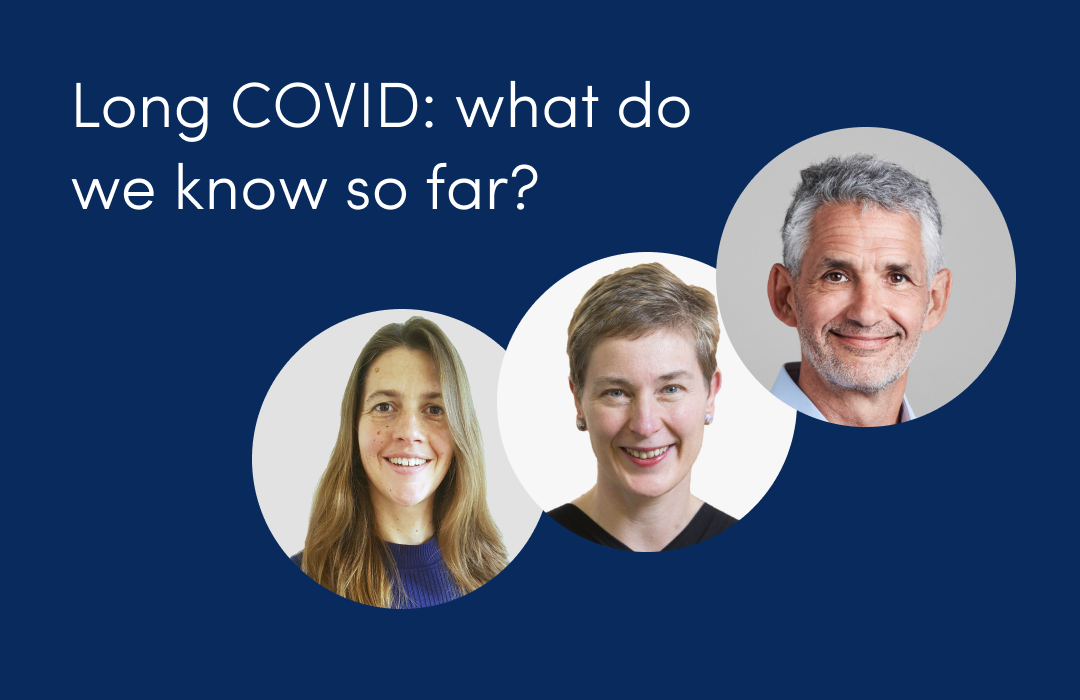
The silent pandemic: How lockdown is affecting future health
July 28, 2020

This article has not been updated recently
According to latest research from the COVID Symptom Study app, almost a third (29%) of those surveyed gained weight since March 2020.
This data suggests an average increase in body weight across the country being 0.78 kg (1.6 lbs), and up to 3 kg (6.5 lbs) in those who reported increased snacking have gained weight. The factors that may have contributed to weight gain during lockdown include increased snacking (35%), decreased levels of physical activity (34%), increased alcohol consumption (27%) and a less healthy diet (19%).
The COVID Symptom Study app has now been downloaded by over 3.5 million people in the UK, with 1.6 million users participating in the questionnaire about behavioural changes during the lockdown through the app.
Data from the app has already added to the body of evidence suggesting that those who are obese (BMI over 30) are at least 20% more likely to hospitalised with symptoms of COVID-19 compared with those in lower BMI categories. People living with pre-existing conditions that are associated with obesity, including diabetes, cancer and heart disease, are also at 1.5 to 2-fold increased risk of hospitalisation.
The research comes at the same time the prime minister, whose personal experience with COVID-19 and his weight has led to the announcement of multiple new measures such as a ban on junk food companies advertising before the 9pm watershed, and hiding sweets and snacks from checkouts.
How has lockdown impacted our diet and lifestyle habits?
People whose snacking had increased during the lockdown period reported an average weight gain of 3 kg (6.5 lbs). People who reported a lower level of physical activity, gained 2.6 kg on average, whereas those who reported increased alcohol consumption reported an average weight gain of 2 kg. Those who reported an unhealthier diet since March reported an average weight gain of 3.5 kg.


How do these figures compare across the UK?
The research also highlighted a big regional difference in the weight being gained across the UK, Residents of Scotland, Northern England and Wales gained almost twice as much weight as the south of England.

How might this affect future health?
The lockdown weight gains are on average twice the weight gained over the Christmas holidays (0.37kg) and several times larger in those who snacked more during lockdown. Once weight has been gained it is hard to lose and research from many other studies shows that each kg (~2.2 lbs) of weight gained annually over 10 years was associated with a 49% increase in risk of developing type 2 diabetes and a 5 kg (~11 lbs) increment in adult body weight was associated with a 12% higher risk of heart disease over 10 years.
Sarah Berry, Associate Professor in the Department of Nutritional Sciences at King’s College London and principal scientist advising ZOE comments:
“Typically people snack 2-3 times a day and this accounts for 22% of total energy intake. The increase in snacking during lockdown, especially with unhealthy, highly processed foods is likely to be a contributing factor in our observed weight gain of the UK population. Replacing unhealthy snacks with healthy snacks, and limiting late-night snacking, is a simple dietary strategy to improve health. But we shouldn’t use these findings to shame people about their weight, especially during these difficult times, instead we should focus our efforts to help everyone lead healthy lifestyles that are sustainable.”
Lead researcher Professor Tim Spector from King’s College London, says,
“The UK already had an obesity problem before the pandemic and what our latest data shows is the lockdown has made it worse. It’s therefore, really important that we help the public understand the implications this will have on their long term health, with a particular focus on those in deprived areas who already suffer from the worst economic and health issues. It’s essential that we don’t let this pandemic have an even greater impact on our future.
If we don’t act now, this will create even more heart disease, diabetes and cancer leading to even larger medical and social bills for the country. In my view, banning junk food adverts isn't going nearly far enough. We need tougher measures like extending sugar taxes to junk food and subsidising fresh fruit and vegetables. With these and much better public education - we have the opportunity to have a real impact on health in the UK.”
Emily Leeming, Registered Dietitian at Foodcue and King’s College London adds:
“High levels of stress have been associated with increased snacking and weight gain, particularly in women - and lockdown could be a prime example of this. Weight, however, is incredibly complex and we should be careful of simplistic assumptions. There are physiological mechanisms in place which counterbalance dieting efforts, with evidence to show that it is nearly impossible for the vast majority of people to lose and maintain weight loss.
The current focus of weight being an ‘individual’s responsibility’ unnecessarily fuels stigma and overlooks the impact of health and social inequalities, all of which are modifiable. We need better national and global systems to tackle these inequalities to allow for improved diet quality, sleep, increased movement, and to reduce stress, smoking and excessive alcohol consumption. All these are strongly associated with improved health, regardless of the number on the scale.”












.png)


.jpg)














.png)







%202.png)
.png)


















.png)






